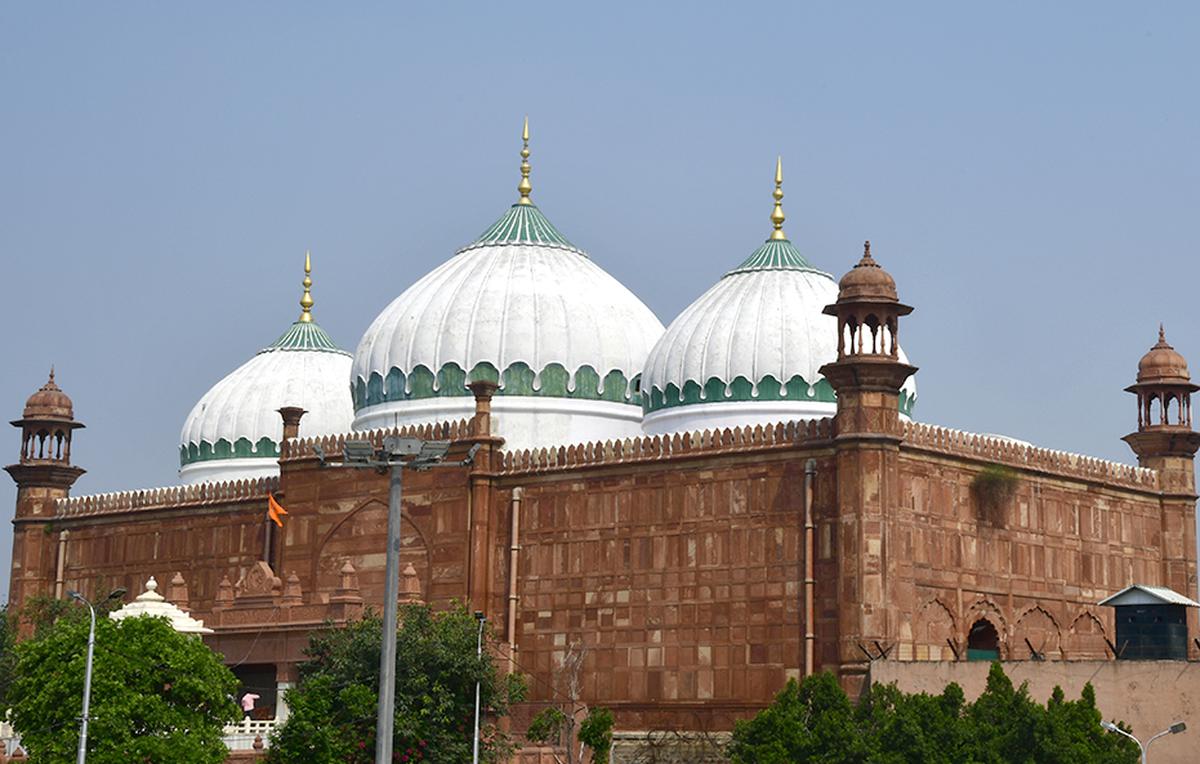On Thursday, at Allahabad High Court, the Shahi Idgah managing committee’s lawyers said that the statute of limitations had prohibited the lawsuit asking for the demolition of the mosque next to Mathura’s Krishna Janmabhoomi temple.
Within a certain time frame, you must seek a remedy according to the limitation statute. According to Muslim advocate Taslima Aziz Ahmadi, who testified on behalf of the Muslim side, a solution was reached between the two sides on October 12, 1968, and it was later affirmed in a 1974 legal suit.
She informed the court that the current litigation is banned by limitation rules because the lawsuit was filed in 2020, which is three years after the settlement was reached. Suit for possession following demolition of the Shahi Idgah construction, restoration of the temple, and permanent injunction was also communicated to the high court.
According to Ahmadi, the prayer included in the lawsuit proves that the mosque’s edifice is real and that the committee of management owns it. According to her, as the issue in question pertains to Waqf property, the Waqf Act’s regulations will be applicable, and the Waqf tribunal, rather than a civil court, will have the authority to consider the case.
Following the briefing, the High Court scheduled the next hearing for March 13 to consider the maintainability of the lawsuit requesting the demolition of the Shahi Idgah mosque. The Hindu side asserts that the mosque was constructed on 13.37 acres of land belonging to the Katra Keshav Deo temple.
The high court took over all fifteen cases involving the Sri Krishna Janmabhoomi-Shahi Idgah Masjid controversy in May of last year.
(This news report is from a syndicated feed. THND team members did not write or edit the content except for the headline.)
